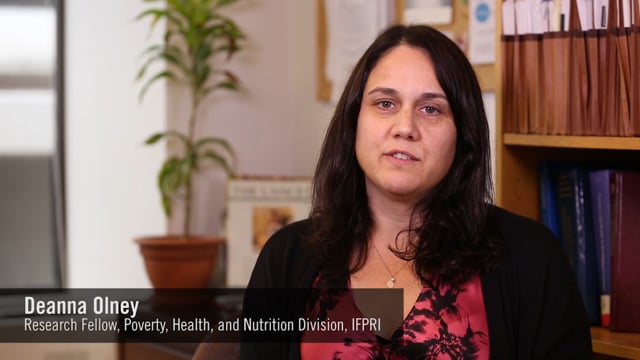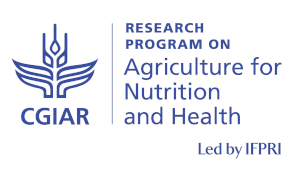Helen Keller International (HKI) has been implementing homestead food production (HFP) programs in Asia for the past 20 years and has recently begun implementing HFP programs in Africa as well. In general, these programs target women and are designed to improve maternal and child health and nutrition outcomes through three primary pathways: 1. Increasing the availability of micronutrient-rich foods through increased household production of these foods; 2. Raising income through the sale of surplus production; and 3. Increasing knowledge and adoption of optimal nutrition practices, including the consumption of micronutrient-rich foods. Evaluations of HFP programs have consistently demonstrated significant increases in household production and consumption of micronutrient-rich foods. This increased consumption, along with improvements in health and nutrition related knowledge, and increased income, could all contribute to improvements in maternal and child health and nutrition outcomes. However, to date there has been limited understanding as to how these types of programs can be optimized to maximize impacts on these outcomes.
In order to better understand the potential of these types of programs to improve maternal and child health and nutrition outcomes and how this impact may be achieved IFPRI has been collaborating with HKI to evaluate one of their HFP programs in Cambodia and one in Burkina Faso. The evaluations consider impact through the three pathways above, and assess anthropometric and clinical measures of nutrition, as well as looking at how the programs might be improved.







